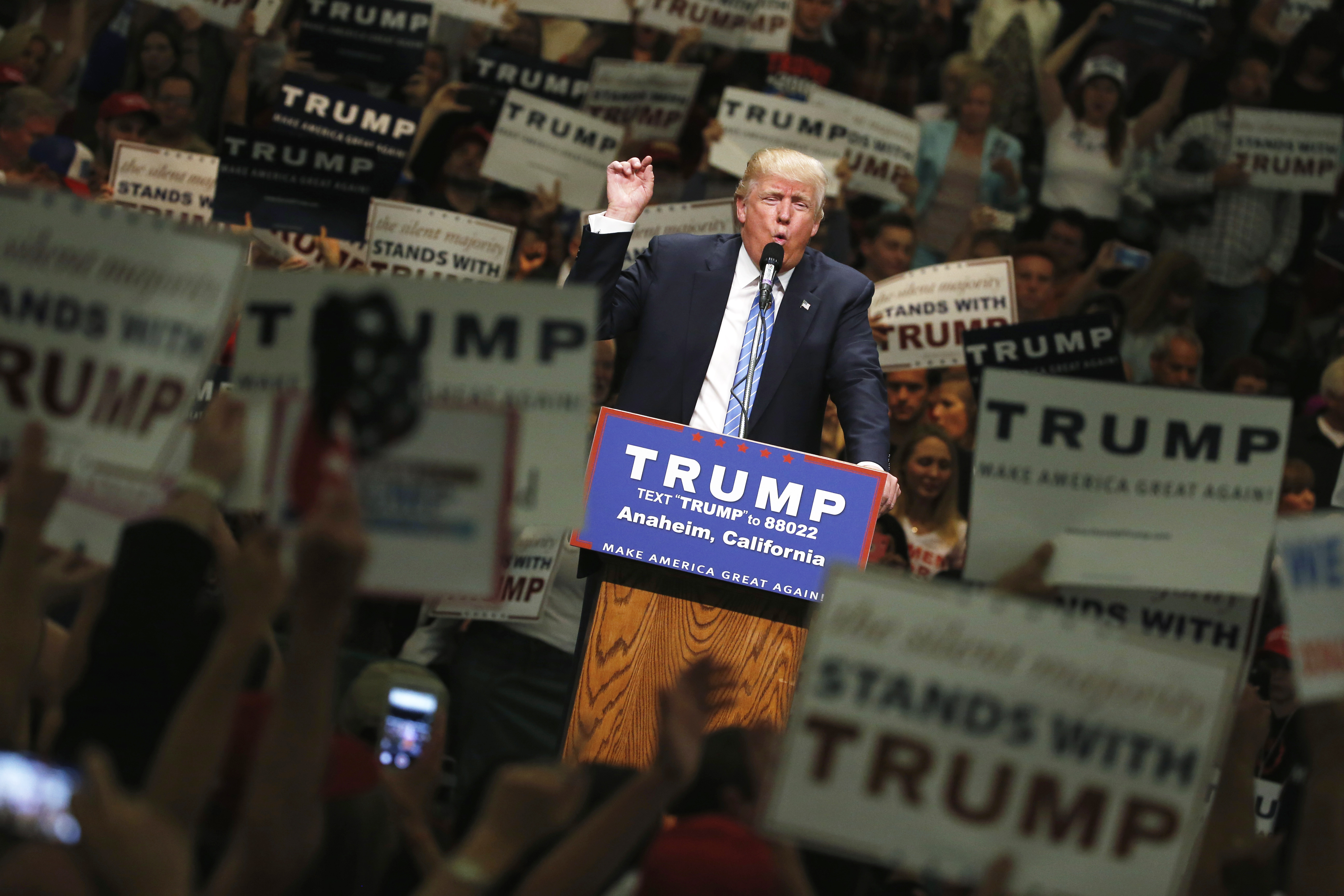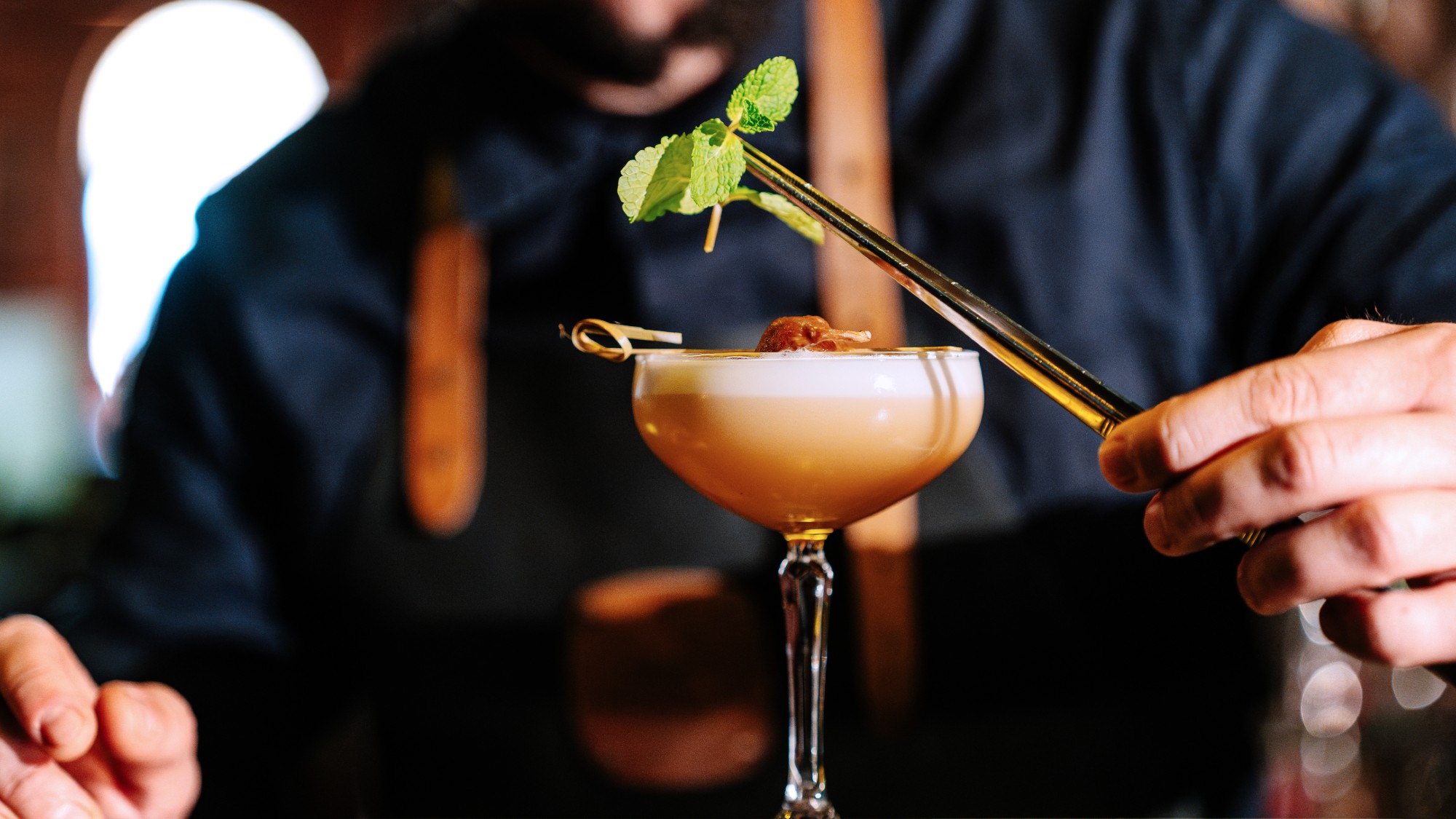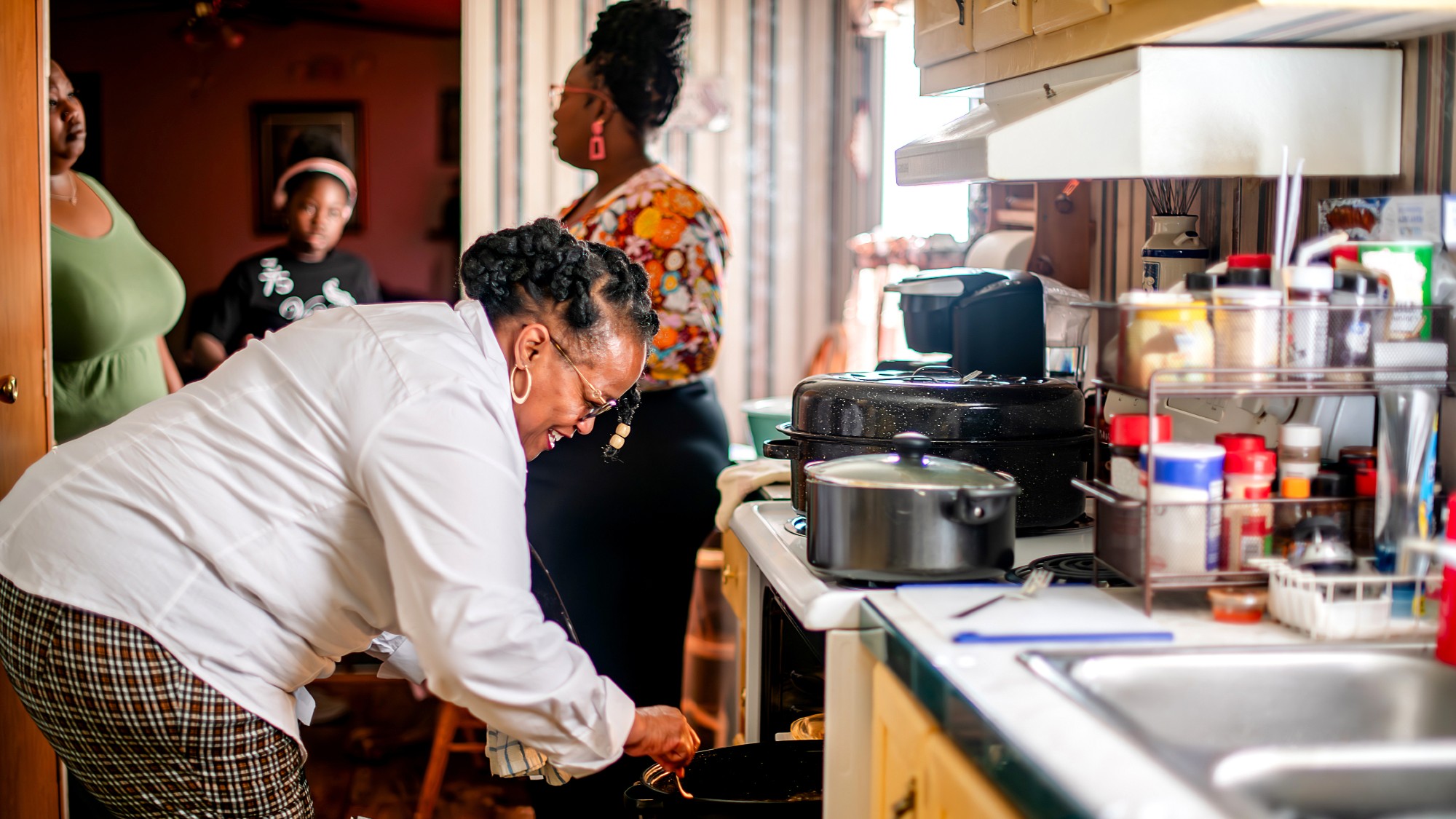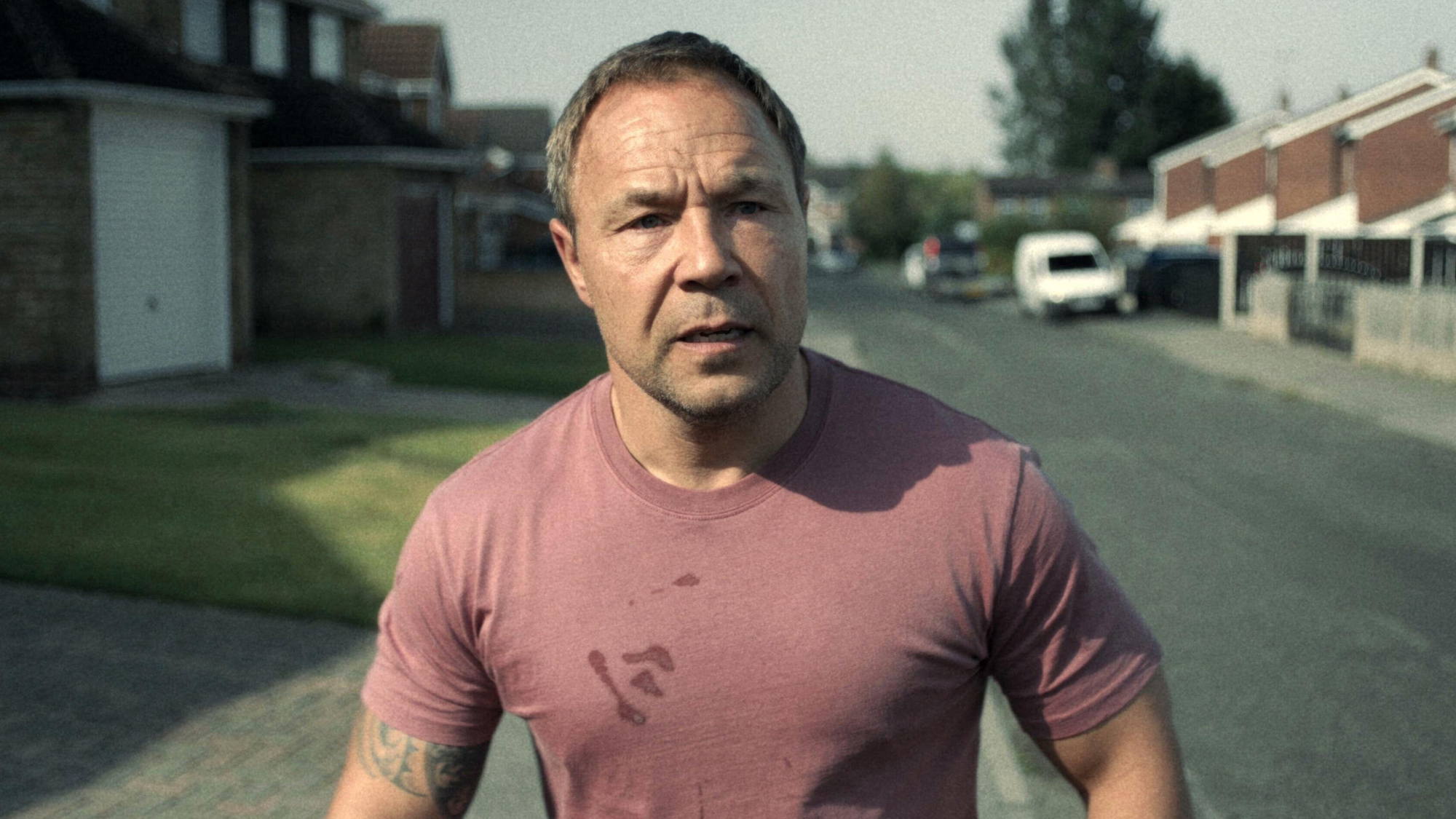Why Donald Trump won't stop talking about Judge Curiel
This is a terrible story for him — so why is he doing everything he can to keep it alive?


There he goes again. Just when you thought Donald Trump must be feeling the heat for saying Judge Gonzalo Curiel's "Mexican heritage" should preclude him from ruling on the lawsuits against Trump University, the presumptive GOP nominee reportedly ordered surrogates on a Monday conference call to keep fanning the flames. "Take that order and throw it the hell out," Trump said of a campaign memo asking them not to comment on the controversy.
All of which begs the question: Why is Trump doing everything in his power to keep this terrible story alive?
Way back in March, I argued that Trump would likely lose — badly — in a general election contest with Hillary Clinton, not because he is too divisive or too ignorant or too ideologically unmoored (though all of these posed problems for his candidacy), but for a much more basic reason. As I said then, "Trump — at the very moment that he most obviously needs to begin making a general-election argument — is instead driving the conversation back to himself, and to his peculiar obsessions and insecurities."
The Week
Escape your echo chamber. Get the facts behind the news, plus analysis from multiple perspectives.

Sign up for The Week's Free Newsletters
From our morning news briefing to a weekly Good News Newsletter, get the best of The Week delivered directly to your inbox.
From our morning news briefing to a weekly Good News Newsletter, get the best of The Week delivered directly to your inbox.
The polls won't reflect it for a while yet, but Trump's continuing obsession with Curiel provides strong evidence that I was right.
Many Republicans are increasingly worried that Trump's attacks on Curiel's background — the judge is a natural-born American citizen of Mexican ancestry — will further infuriate Hispanic, immigrant, and non-white voters. And they undoubtedly will.
The more thoughtful among them are also worried for a more principled reason: Trump's point of view is the most dead-end identity politics — the kind of thing principled conservatives, principled liberals, and, indeed, anyone who believes in the rule of law viscerally opposes. Trump's isn't a plea for justice, but a declaration that justice is impossible.
But if you're a purely cynical Republican operative, the main reason to despair is the creeping realization of just why it is that Trump is talking about Curiel, or his lawsuit, at all.
A free daily email with the biggest news stories of the day – and the best features from TheWeek.com
It's not because he's trying to win the lawsuit by getting Curiel to recuse himself. Trump's lawyers surely know that there is clear legal precedent against requiring such recusal on the basis of either ethnic background or overall political alignment. Nor is it an attempt to pressure Curiel in the absence of a strong legal argument; a judge who faced down drug cartels is unlikely to feel threatened by Trump's bluster.
Nor is it a political strategy. If Trump doesn't have the kind of voters who might share his view of Hispanic judges locked up by now, then he's in bigger trouble than the polls suggest. Meanwhile, Trump University is a terrible story for Donald Trump — because it's the perfect story for making the case that Trump is both a con artist and a failure. And when you don't like what people are saying, you're supposed to change the conversation, not whine about it endlessly.
Trump is ranting about Curiel's bias not because doing so is part of any kind of rational political strategy, but because he is going to lose the case. And if he loses, it must be somebody else's fault. He's not just talking about himself instead of something that actually matters to voters. He's talking to himself, telling himself a story of how big a winner he is, no matter how often he loses. And he's doing it in front of the entire country.
In a very basic sense, this is the emotional connection that Trump forged from the beginning of his campaign. Trump sees himself as a winner whose occasional setbacks are the result of other people's unfairness or incompetence. He has connected with a slice of the voting public that sees America's problems in similar terms: the fault of corrupt, incompetent, and disloyal elites. But successful political leaders — whether they operate within established norms or, like Trump, gleefully flout them — use that emotional connection for something larger. It's the ground on which they build loyalty to a political program and organization.
Trump isn't building anything. Indeed, he hasn't built anything in a good long time; for decades, he's been a marketer whose only product is his own mystique. And so it is with his political campaign. The purpose of the emotional connection he has forged is entirely personal: to reaffirm his own greatness, his own winningness. "I've always won and I'm going to continue to win. And that's the way it is," he told supporters on the Monday conference call. The conversation keeps coming back to him because that's where he wants it to go. Because that's all his campaign has ever been about.
Which is why that cynical operative should despair. He's made his peace with Trump, and is now focused on highlighting his distinctive strengths and controlling the damage of his distinctive style of politics, so as to get the best result for the party come November. But Trump isn't interested in getting the best result for the party. He's got a whole host of strategies for convincing himself that he's a winner even when he loses, because the loss is always somebody else's fault. And he's got a whole host of strategies for making sure that, monetarily and psychically speaking, the bulk of his losses hits somebody else's balance sheet rather than his own. Historically, those have been his priorities, and from the look of things, they still are.
So if Trump looks like he's in real trouble after Labor Day, what makes anyone think he's even going to try to win — as opposed to assuring himself (and his supporters) that someone else is to blame for his loss?
And if he does lose, who do you think he's going to make sure gets blamed?
Noah Millman is a screenwriter and filmmaker, a political columnist and a critic. From 2012 through 2017 he was a senior editor and featured blogger at The American Conservative. His work has also appeared in The New York Times Book Review, Politico, USA Today, The New Republic, The Weekly Standard, Foreign Policy, Modern Age, First Things, and the Jewish Review of Books, among other publications. Noah lives in Brooklyn with his wife and son.
-
 7 bars with comforting cocktails and great hospitality
7 bars with comforting cocktails and great hospitalitythe week recommends Winter is a fine time for going out and drinking up
-
 7 recipes that meet you wherever you are during winter
7 recipes that meet you wherever you are during winterthe week recommends Low-key January and decadent holiday eating are all accounted for
-
 Nine best TV shows of the year
Nine best TV shows of the yearThe Week Recommends From Adolescence to Amandaland
-
 Bari Weiss’ ‘60 Minutes’ scandal is about more than one report
Bari Weiss’ ‘60 Minutes’ scandal is about more than one reportIN THE SPOTLIGHT By blocking an approved segment on a controversial prison holding US deportees in El Salvador, the editor-in-chief of CBS News has become the main story
-
 Has Zohran Mamdani shown the Democrats how to win again?
Has Zohran Mamdani shown the Democrats how to win again?Today’s Big Question New York City mayoral election touted as victory for left-wing populists but moderate centrist wins elsewhere present more complex path for Democratic Party
-
 Millions turn out for anti-Trump ‘No Kings’ rallies
Millions turn out for anti-Trump ‘No Kings’ ralliesSpeed Read An estimated 7 million people participated, 2 million more than at the first ‘No Kings’ protest in June
-
 Ghislaine Maxwell: angling for a Trump pardon
Ghislaine Maxwell: angling for a Trump pardonTalking Point Convicted sex trafficker's testimony could shed new light on president's links to Jeffrey Epstein
-
 The last words and final moments of 40 presidents
The last words and final moments of 40 presidentsThe Explainer Some are eloquent quotes worthy of the holders of the highest office in the nation, and others... aren't
-
 The JFK files: the truth at last?
The JFK files: the truth at last?In The Spotlight More than 64,000 previously classified documents relating the 1963 assassination of John F. Kennedy have been released by the Trump administration
-
 'Seriously, not literally': how should the world take Donald Trump?
'Seriously, not literally': how should the world take Donald Trump?Today's big question White House rhetoric and reality look likely to become increasingly blurred
-
 Will Trump's 'madman' strategy pay off?
Will Trump's 'madman' strategy pay off?Today's Big Question Incoming US president likes to seem unpredictable but, this time round, world leaders could be wise to his playbook
